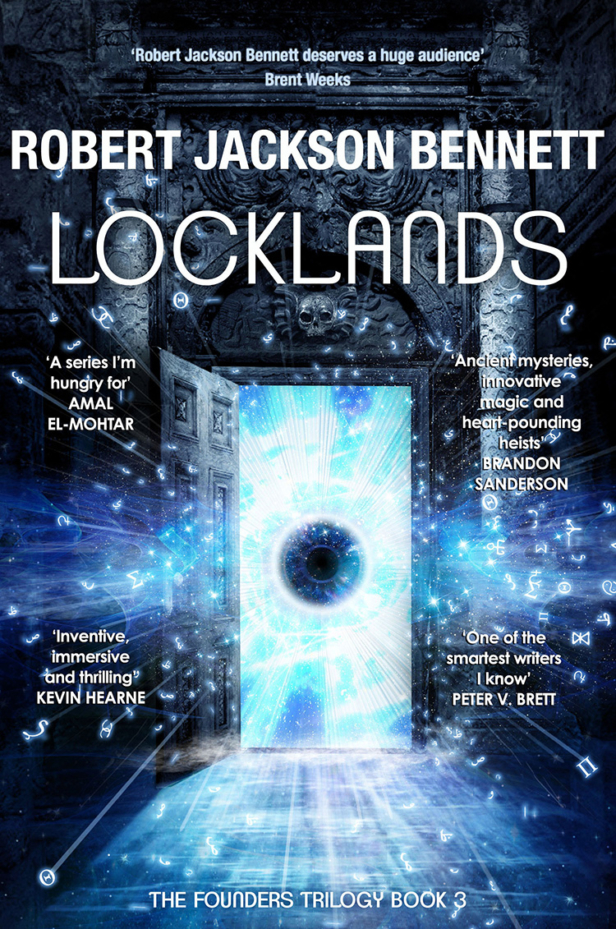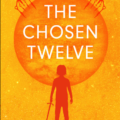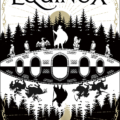If you ask someone the difference between fantasy and science fiction, odds are that they’ll hark back to the classic definition: the former is impossible, whereas the latter is possible but implausible.
However, this definition is not only very old, but it’s so broad that it’s of little use to anyone. So I find myself more sympathetic to a different theory, one I’ve seen cited by both Gene Wolfe and Neal Stephenson: that fantasy often – not always, but often – looks backward.
Specifically, it looks back to an ancient utopia that was perfect and good, yet was then marred by hubris, and now in the dark and dreary present the characters must labor to restore some portion of divine light to the land. You can find this plot anywhere from The Lord of the Rings to Castle in the Sky to Star Wars – which is really just fantasy dressed up as science fiction.
If this arrangement sounds a touch religious to you, well, that’s not by mistake. For better or worse, every fantasy writer during the genre’s establishing decades had Joseph Campbell’s The Hero with a Thousand Faces on their bookshelves, and drew from dozens of old myths to build the sword- and spell-strewn playground we know today.
But this is by nature restrictive. In fantasy, you often do not move forward, but strive to go back, toward restoration. Progress does not mean iterating and innovating and dreaming of the new, but returning to the old. It almost feels a function of hereditary monarchies, when kings and queens proselytized that, why, the best way for the state to grow was to keep kings and queens around as long as possible. Any prideful diversion from this will surely be met with ruin and sorrow, and require restoration.
Another side effect of this inherent conservatism is the tendency toward stasis: it’s very common in fantasy to find worlds that have more or less been the way they are for hundreds if not thousands of years. These worlds are not just resistant to change, but ignorant of it, untouched by it.
This means that unchanging fantasy worlds not only feel very different from the modern reader – especially recently – but they also diverge from reality. For example, the classic full suit of armor many associate with the warfare of the Middle Ages was not some ancient relic, but rather an advanced product of engineering that could only be achieved by a complex, innovative, robust society – which explains why its development and implementation was followed by the cannon and the firearm within a matter of decades.
Not everyone associates suits of armor with firearms. Guns feel just too ‘modern’. And yet, within history, the two are linked: become an expert in metals, and you start wondering what else you could do with them. Even in the Middle Ages, humanity was innovating and changing.
And innovation and change are usually the realm of science fiction. Science fiction tends to look forward, not backward, imagining a future – usually a near future – where events or innovation have taken us someplace new.
And this is why I feel like my stories work more like science fiction than fantasy: because, in very broad terms, the story arcs of science fiction are closer to the human story I know than fantasy ones. What I write is science fiction dressed up as fantasy, the realm of innovation and change bedecked in ritual and swords.
Foundryside, and the Founders Trilogy as a whole, is a story about change: about how the wealthy and powerful seize new ideas to reap more wealth and power… and yet, ideas have a life of their own. You can try to bottle up information and keep it all to yourself, but it never lasts, and they always escape. And when they escape, they tend to bring empires down with them – though they often forge new ones in their place.
As these new ideas reforge the world, the question becomes: does this new world reforge humanity in turn? Does the accumulation of so much technology act as a crucible, creating a new society, a new way of thinking about ourselves? And if so, will we be inherently destructive, or can we even survive?
Locklands, the last of the Founders Trilogy, comes out this month, and attempts to answer some of these questions. I hope you’ll find out with me.
Locklands by Robert Jackson Bennett is published by Jo Fletcher Books (Quercus), £16.99


